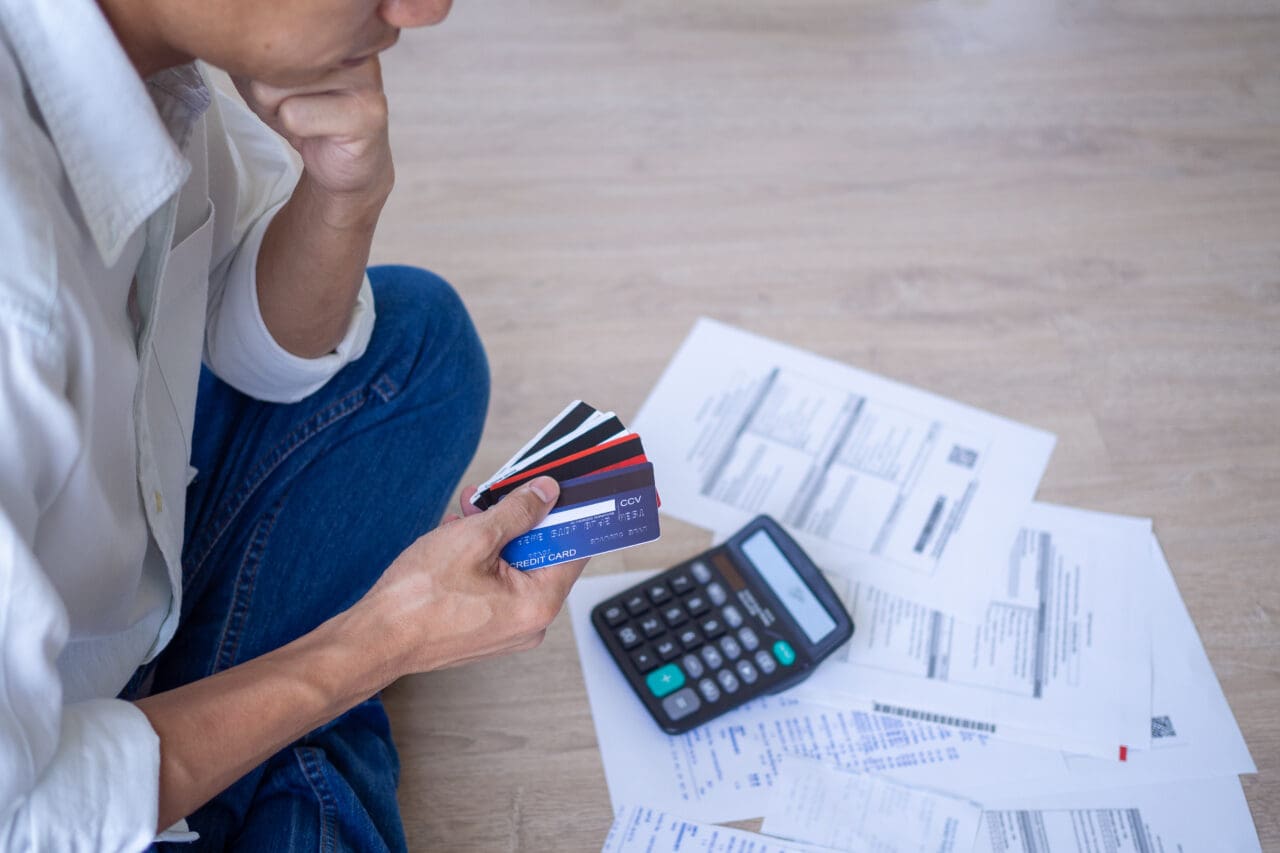Dealing with credit card debt can be stressful, but it’s essential to address it promptly to regain control of your finances. Here’s a step-by-step guide on what to do when you find yourself in credit card debt.
1. Assess Your Debt: Start by gathering all your credit card statements and assessing the total amount you owe. This includes the outstanding balances on each card and the interest rates associated with them. Knowing the full scope of your debt is the first step toward managing it effectively.
2. Create a Budget: Establish a detailed budget that outlines your monthly income and expenses. This will help you identify areas where you can cut back on spending to free up money for debt repayment. Creating a budget also ensures that you allocate enough funds to cover your minimum credit card payments.
3. Prioritize High-Interest Debt: If you have multiple credit cards, prioritize paying off the one with the highest interest rate first. This strategy, known as the “debt avalanche” method, minimizes the amount of interest you’ll pay over time. Continue making minimum payments on your other cards while focusing extra funds on the highest-interest card.
4. Negotiate with Creditors: Don’t hesitate to contact your credit card issuers to discuss your situation. They may be willing to work with you by offering lower interest rates or temporary payment arrangements. Being proactive and communicating your willingness to resolve the debt can lead to favorable outcomes.
5. Consider Debt Consolidation: If you have several credit card debts with high-interest rates, explore the option of consolidating them into a single, lower-interest loan or a balance transfer credit card. This can make managing your debt more manageable and cost-effective.
6. Avoid Accumulating More Debt: While working to pay off your existing credit card debt, it’s crucial to avoid accumulating more debt. Temporarily stop using your credit cards or use them sparingly for essential expenses. Focus on paying off your balances rather than adding to them.
7. Seek Professional Help if Necessary: If your debt is overwhelming, consider seeking assistance from a certified credit counselor or a debt management agency. They can provide guidance on creating a debt repayment plan and negotiating with creditors.
8. Monitor Your Progress: Regularly track your progress in paying off your credit card debt. Celebrate your milestones along the way, as this can motivate you to stay on track. Adjust your repayment strategy as needed to ensure steady progress.
9. Build Good Financial Habits: Once you’ve paid off your credit card debt, focus on building healthy financial habits. Continue to budget, save, and use credit responsibly to avoid falling into debt again.
Remember that getting out of credit card debt takes time and discipline, but it’s entirely achievable with the right strategy and commitment. By following these steps and staying dedicated to your financial goals, you can work your way toward a debt-free future.

